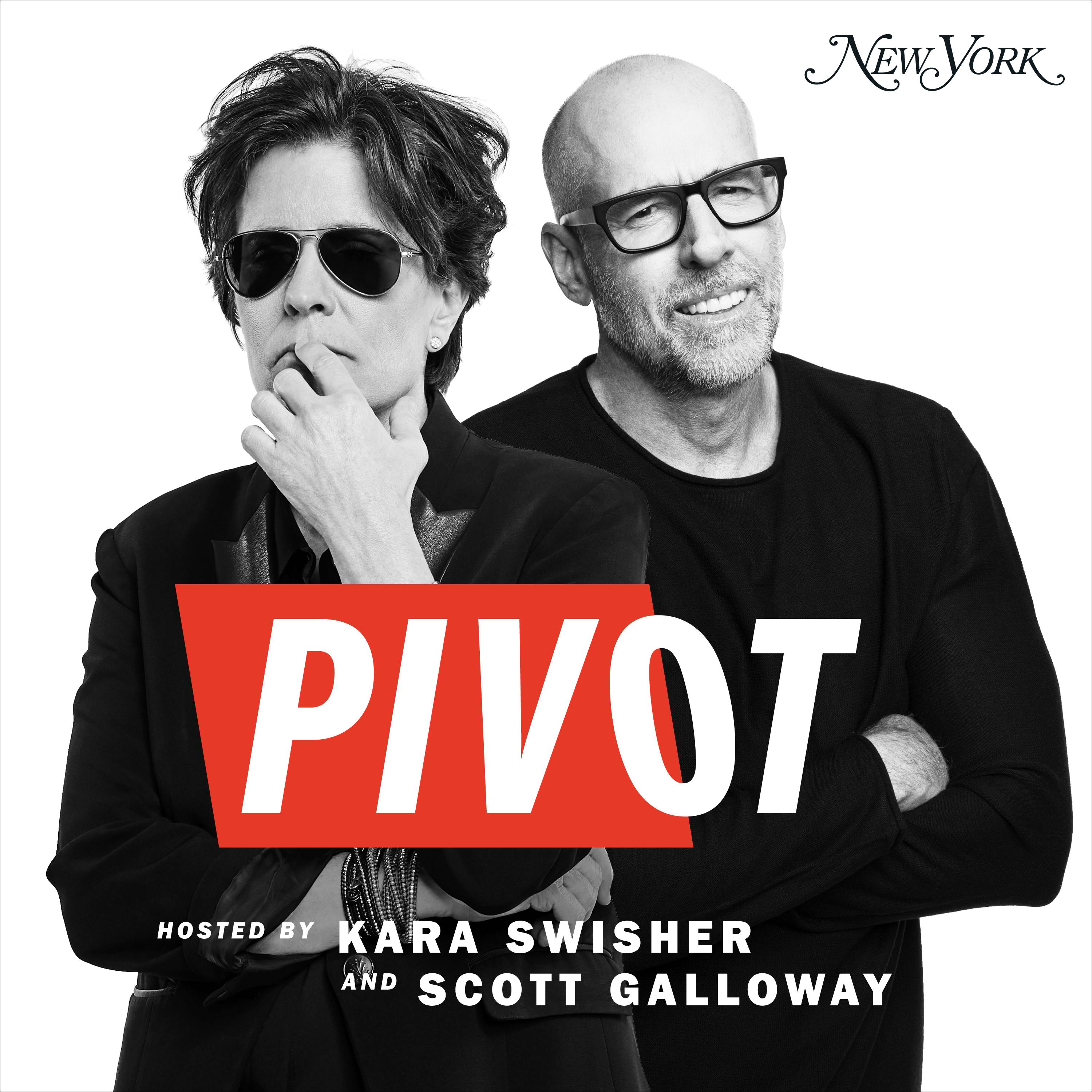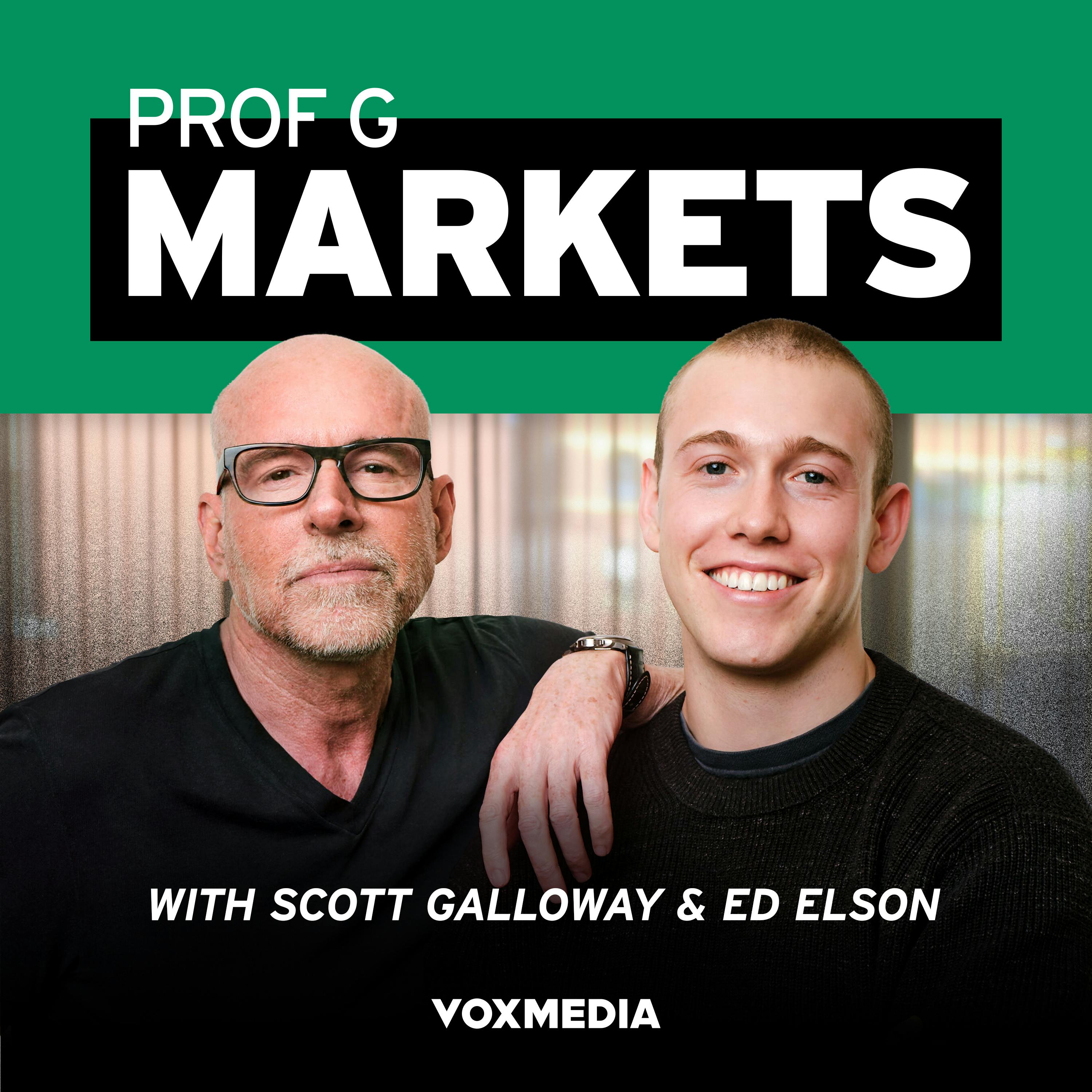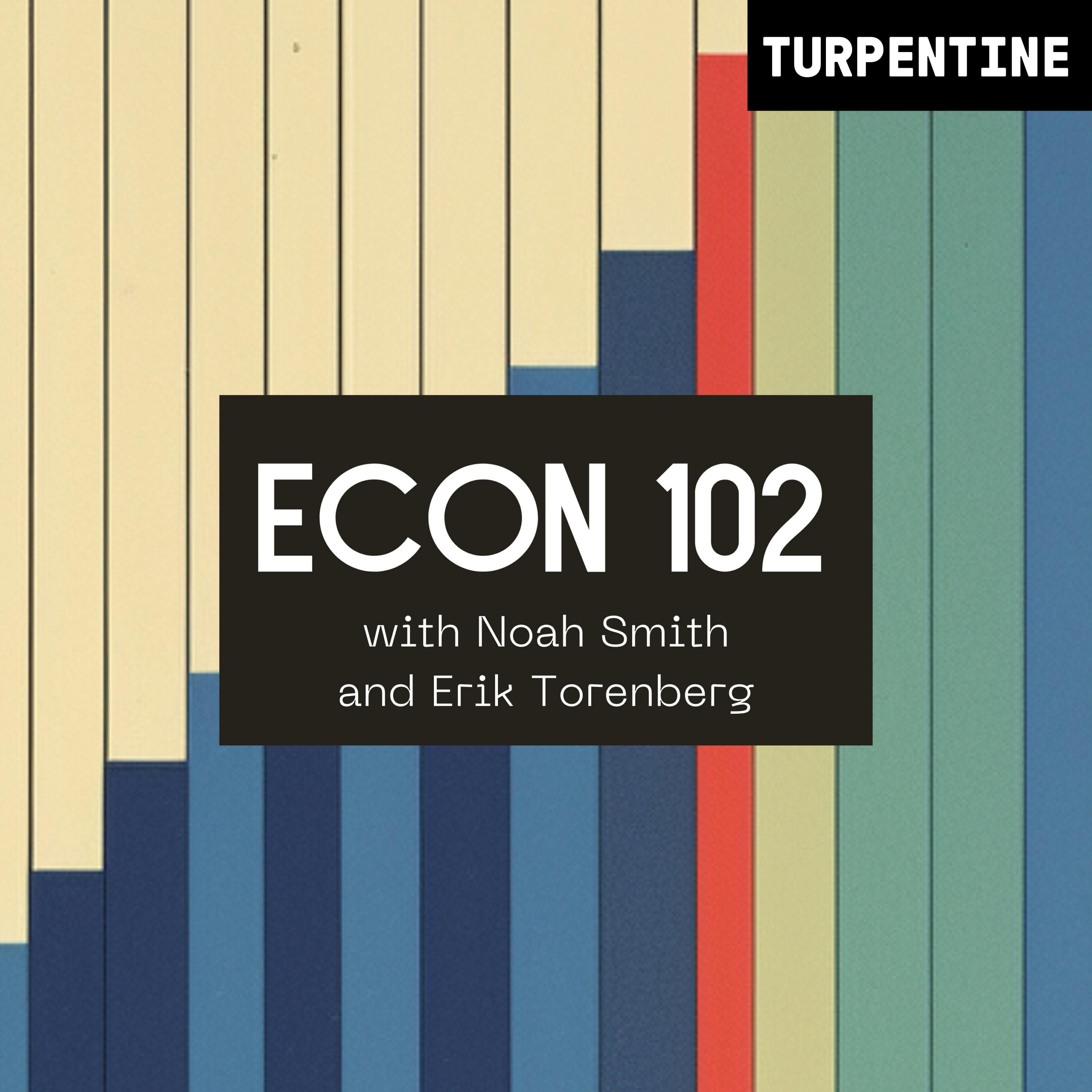PortalsOS
Related Posts
Vote to see vote counts

The NASDAQ and Dow Jones indices give an illusory notion that the economy is fine, while indicators like increased pet surrenders suggest economic distress among middle and lower-income groups.

The U.S. economy is dynamic and difficult to read at any point in time. Currently, the labor market's low hiring rate and low layoff rate create a bifurcated experience for workers, depending on their employment status.

AI is not currently replacing jobs as expected. Rising unemployment is observed in jobs that use AI less, while jobs that use AI more have low unemployment rates.
Young workers should not give up despite high unemployment rates. They have a long time to recover, unlike older workers who may never work again if they lose their jobs.

The economy is not perceived as strong by voters, with only 26% rating it as good, and 45% believing Trump has worsened it.
Youth unemployment is at 11% in the U.S., higher than the national average. This mirrors the Great Recession, where young people faced high unemployment rates due to lack of experience and skills.
The unemployment rate for college graduates is increasing, while those with only high school education are finding more jobs.
The U.S. labor market is currently characterized by a low hire, low fire environment. This means workers with jobs are secure, but new entrants or those unemployed face challenges finding employment.

The question I've gotten most over the past two months is, is there a good private sector replacement for the Bureau of Labor Statistics data? And the answer is unequivocally not.
AI is not yet replacing jobs, as unemployment is rising among jobs that use AI less, while jobs that use AI have low unemployment rates.